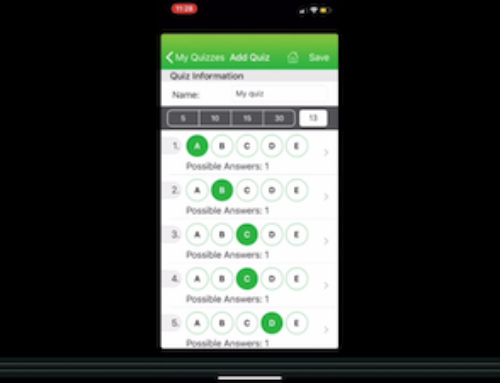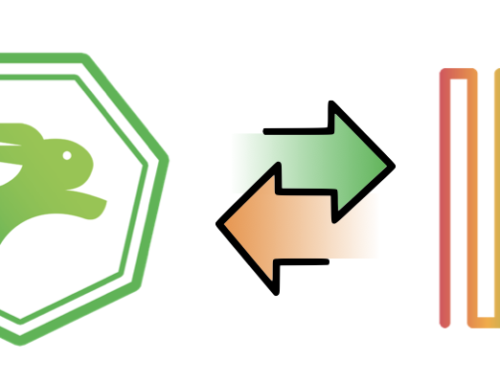BK: Teaching brings a personal sense of satisfaction that I think I would have a hard time getting from other professions. I have always gotten a strong sense of accomplishment from service and stewardship, and I know that teaching is a perfect fit for my personality. I work best collaboratively, and I love the experience of facilitating positive change in students; whether it be in their academic knowledge and skills, or their character.
QKM: What is the biggest highlight from your classroom this year?
BK: I worked with a group of struggling eighth grade students that had all been recommended for my remedial writing instruction course by their language arts teachers. Many of these students live in poverty or otherwise chaotic situations, and many have been at risk since elementary school. We worked really hard toward acquiring skills or "tools" for our "writer's tool belts" during the six-week course. I am proud to report that every student that attended the course, passed the eighth grade writing test and they all are looking forward to a successful freshman year!
DBE: Tell us about a teacher who inspired you. How did they do it? What made them great?
BK: My eighth grade language arts teacher, Lynn Angus, was among the most influential teachers that I had. She really made the students feel valued by sharing our writing in a safe and anonymous way. The sense of community in her classroom is something that I continue to strive for in my own classroom.
DBE: How can technology make you more efficient in the classroom?
BK: Along with efficiently presenting aggregated data that informs instruction, technology provides the intangible ingredient that all teachers seek: engagement. When students' excitement around using devices, music, or other media is present, the learning that takes place feels pleasurable as opposed to monotonous or forced. I also find that using technology with my students, be it a game, webquest, research, etc., allows the students the opportunity to take the lead, while I get to watch them explore learning. Technology effortlessly taps into their natural curiosity and allows them the opportunity to safely make impermanent mistakes.
QKM: What is really hard about teaching, and how do you deal with it?
BK: By far the most difficult part about my job is the fact that an increasing number of parents harbor underlying distrust for teachers and administrators. I try to remedy this by making myself available whenever possible to parents, and reaching out to build a trusting relationship with them. I also send regular feedback to parents, and make attempts to relay positive feedback to parents whenever possible. I find this especially helpful with students that have disciplinary issues, and it goes a long way with parents when I demonstrate that I want them to know that their child can be successful.
QKM: Thanks Brian!






